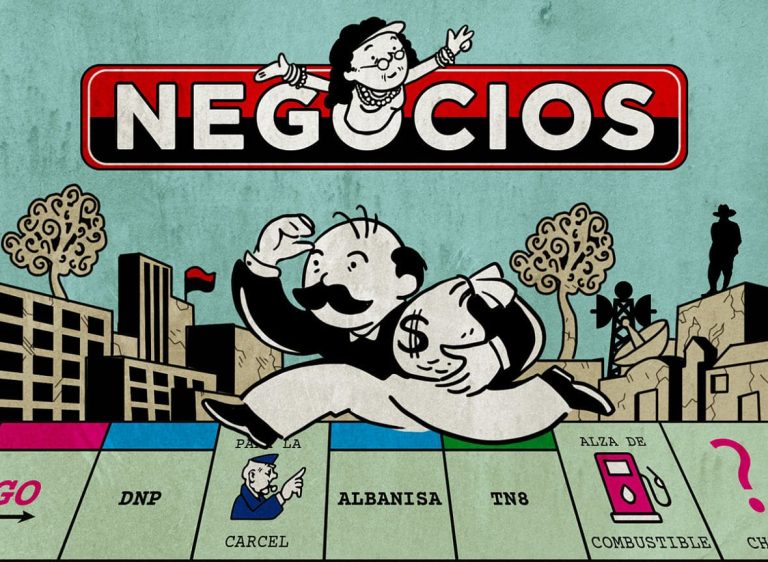

Investigative Impact: Making the Global Case for Muckraking
 At the Google Investigathon on Nov.12, GIJN premiered its latest project, Investigative Impact: How Investigative Journalism Fights Corruption, Promotes Accountability, and Fosters Transparency around the World. GIJN director David Kaplan and board chair Brant Houston showcased the project before nearly 100 people at the New York event, demonstrating through video, graphics, data, and a new website the extraordinary global impact of investigative reporting.
At the Google Investigathon on Nov.12, GIJN premiered its latest project, Investigative Impact: How Investigative Journalism Fights Corruption, Promotes Accountability, and Fosters Transparency around the World. GIJN director David Kaplan and board chair Brant Houston showcased the project before nearly 100 people at the New York event, demonstrating through video, graphics, data, and a new website the extraordinary global impact of investigative reporting.
Despite its often dramatic results, investigative journalism receives relatively little funding and is routinely under attack. To bolster support, GIJN has assembled case studies of high-impact reports, video interviews with journalists in 20 countries, infographics, and a resource center. These materials are designed to help in fundraising by our members and investigative journalists worldwide. So we hope our colleagues will make good use of them!
 The case studies are particularly noteworthy, and we hope you’ll agree it’s an extraordinary collection. There are some well known examples, such as the iconic Watergate scandal, which not only led to the resignation of the world’s most powerful man, but to convictions against 48 people. And you’ll find more recent investigations, such as the brilliant teamwork of ICIJ’s Offshore Secrets, which has led to a global crackdown on hidden assets, and YanukovychLeaks, whose rescued documents became the basis for investigations into US$38 billion of Ukraine’s looted wealth.
The case studies are particularly noteworthy, and we hope you’ll agree it’s an extraordinary collection. There are some well known examples, such as the iconic Watergate scandal, which not only led to the resignation of the world’s most powerful man, but to convictions against 48 people. And you’ll find more recent investigations, such as the brilliant teamwork of ICIJ’s Offshore Secrets, which has led to a global crackdown on hidden assets, and YanukovychLeaks, whose rescued documents became the basis for investigations into US$38 billion of Ukraine’s looted wealth.
But also included are some extraordinary stories you may not have heard of: the chilling Spirit Child investigation, which stopped the ritual killing of disabled children in Ghana; Secret Diaries, an exposé of corruption so deep it sparked mass protests across one of Brazil’s largest states; The BAE Files, The Guardian’s seven-year project that led to a new UK Bribery Act; Investigating Estrada, which drove the Philippine president from office; La Nacion’s Alcatel exposé, which led to legal action against two former presidents in Costa Rica; Taxation without Representation, which revealed 70% of Pakistan’s MPs paid no tax, and shamed them into paying; and the appalling Why Frere’s Babies Die, which forced reforms after revealing hundreds of needless neo-natal deaths at a city hospital in South Africa.
Big thanks to Google Ideas, which funded this project, and to GIJN’s Gabriela Manuli, who served as project director. More credits and thanks can be found here.
This is a “live” project, in the sense that we’ll continue to add material to it. We have a final report with additional data and analysis that will be out early next year. So let us know what you think, and make sure we’re not missing anything important.









